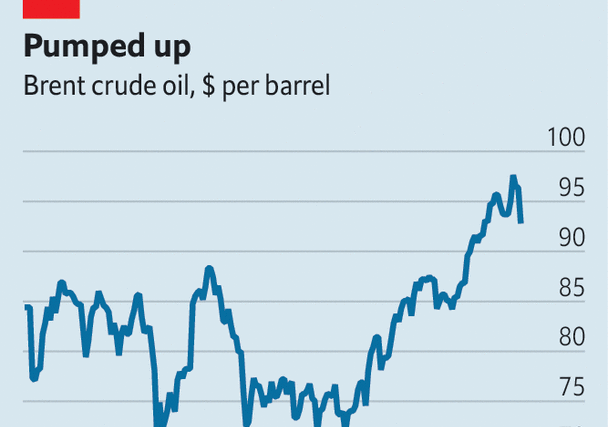Dubai International Financial Centre (DIFC), the global financial centre in the Middle East, Africa and South Asia (MEASA) region, has proposed to enact a Digital Assets Law, a new Law of Security and related amendments to select existing legislation to cater to the requirements of the DIFC’s proposed digital assets regime to other DIFC laws.
The proposed legislative enactments, and amendments to existing legislation, aim to ensure DIFC laws keep pace with the rapid developments in international trade. Not to mention the technological developments arising from the financial markets, The DIFC laws will provide legal certainty for investors in, and users of, digital assets.
Jacques Visser, chief legal officer at DIFC, commented: “DIFC has been working closely with experts in the field of digital assets and banking and finance to create a global, groundbreaking Digital Assets Law. In doing so, it proposes a significantly enhanced and updated Law of Security regime.”
Digital Assets Law – Consultation Paper No. 4 of 2023
Digital Assets, such as cryptocurrencies, NFTs, stablecoins and security tokens, represent a trillion-dollar asset class. The scope for future innovation and market opportunities within it are considerable. Thus far the primary focus in many jurisdictions has been to regulate and impose enforcement-related sanctions on some of the practical applications of this asset class from a regulated financial services perspective.
However, blockchain technology’s fundamental benefits, the digital assets it can create, and their application across a wide range of use cases will grow and gain increasing importance in a much broader context.
Visser adds: “The proposed Digital Assets Law sets out the legal characteristics of a digital asset, its proprietary nature, and how it may be controlled, transferred, and dealt with by interested parties. The proposed new Law of Security is modelled on the UNICTRIAL Model on Secured Transactions and has been adapted to take account of specific factors relating to DIFC. We believe these proposals will put DIFC’s legal and regulatory framework at the forefront of international best practice.”
Interpreting laws surrounding digital assets
The broader legal questions as to the exact nature of the legal features and impact of digital assets remain open for debate on several key issues. International legal developments and judgments across the common law world have begun to provide some clarity in this regard.
However, no laws to date have yet provided a comprehensive legal framework mapping out the full extent of the legal characteristics of a digital asset. Nor do they explain how users and investors within this asset class may interact with digital assets and each other.
Following extensive review of the legal approaches taken to digital assets in multiple jurisdictions, DIFC is now publishing for public consultation its own Digital Assets Law proposal to provide such a comprehensive framework in DIFC. In addition, the legislative proposal also proposes changes to other cornerstone DIFC laws, including the contract law, the insolvency law, the law of obligations, the trust law, and the foundations law to cater to the requirements of digital assets in the larger legal framework of the DIFC.
Law of Security – Consultation Paper No. 5 of 2023
Similarly, a great deal of innovation has taken place in secured transactions regimes internationally. Especially since lawmakers enacted the current law of security in 2005. This includes the emergence of businesses and platforms that enable the extension of credit in, and secured or covered by, digital asset collateral arrangements, and an increasing drive to digitise international trade.
Following consideration of regimes in other jurisdictions and particularly UNCITRAL’s Model Law on Secured Transaction, in conjunction with the proposed new digital assets law, DIFC proposes to repeal the current law of security. As a result, it will significantly amend and enhance DIFC’s securities regime.
This will align the regime with international best practices and provide clarity in relation to taking security over digital assets. In doing so, the DIFC also proposes to repeal the current financial collateral regulations and amalgamate the financial collateral provisions into a new chapter of the proposed new law of security.



The Most Read
Сryptocurrencies
Bitcoin and Altcoins Trading Near Make-or-Break Levels
Financial crimes
Thieves targeted crypto execs and threatened their families in wide-ranging scheme
Financial crimes
Visa Warning: Hackers Ramp Up Card Stealing Attacks At Gas Stations
News
Capitalism is having an identity crisis – but it is still the best system
Uncategorized
The 73-year-old Vietnamese refugee is responsible for bringing Sriracha to American consumers
Uncategorized
Electric Truckmaker Rivian, Backed By Amazon, Ford, Raises Whopping $1.3 Billion